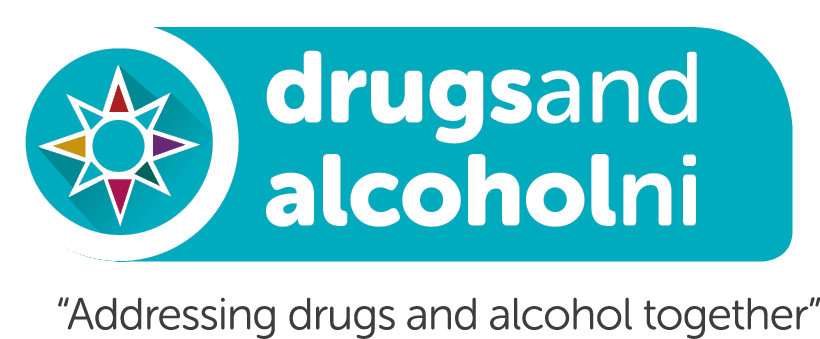Explanation of Tiered approach to defining Alcohol and Drug services based on the NTA, Models of Care for Adult Drug Treatment Misusers, 2006 Update and the Models of Care for Alcohol Misusers guidance, 2006.
http://www.nta.nhs.uk/uploads/nta_modelsofcare_update_2006_moc3.pdf
http://www.alcohollearningcentre.org.uk/_library/BACKUP/DH_docs/ALC_Resource_MOCAM.pdf
Tier 1 interventions include provision of alcohol and/or drug-related information and advice, screening and referral to specialised drug treatment.
Tier 1 interventions are provided in the context of general healthcare settings, or social care, education or criminal justice settings where the main focus is not drug treatment.
Tier 2 interventions include provision of alcohol and/or drug-related information and advice, triage assessment, referral to structured alcohol and/or drug treatment, brief psychosocial interventions, harm reduction interventions (including needle exchange) and aftercare.
Tier 2 interventions may be delivered separately from Tier 3 but will often also be delivered in the same setting and by the same staff as Tier 3 interventions. Other typical settings to increase access are through outreach (general detached or street work, peripatetic work in generic services or domiciliary (home) visits) and in primary care settings.
Tier 3 interventions include provision of community-based specialised alcohol and/or drug assessment and co-ordinated care planned treatment and alcohol and/or drug specialist liaison.
Tier 3 interventions are normally delivered in specialised alcohol and/or drug treatment services with their own premises in the community or on hospital sites. Other delivery may be by outreach (peripatetic work in generic services or other agencies or domiciliary or home visits). Tier 3 interventions may be delivered alongside Tier 2 interventions.
Tier 4 interventions include provision of residential specialised drug treatment, which is care planned and care coordinated to ensure continuity of care and aftercare.
Ideal settings to provide inpatient alcohol and/or drug detoxification and stabilisation are specialised dedicated inpatient or residential substance misuse units or wards.
